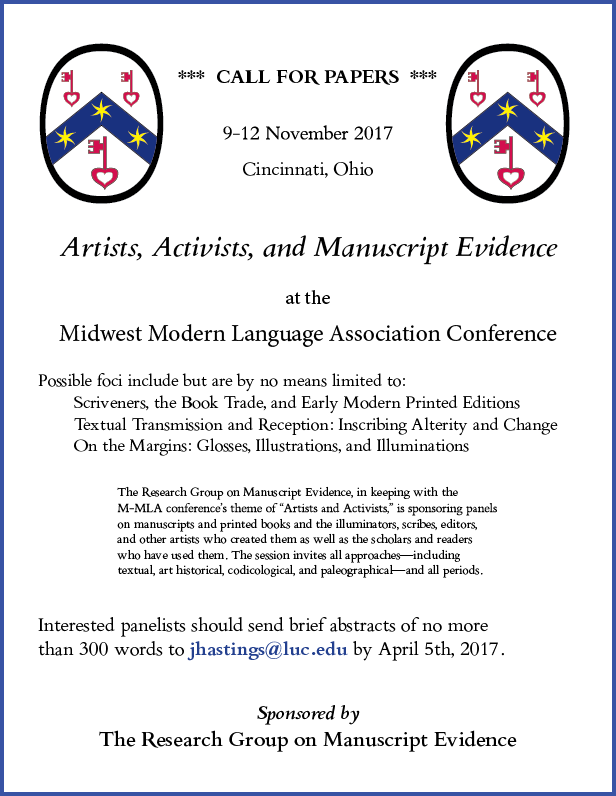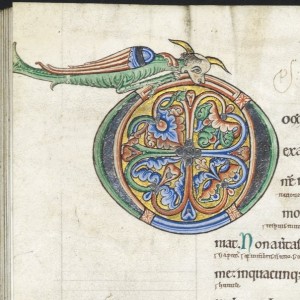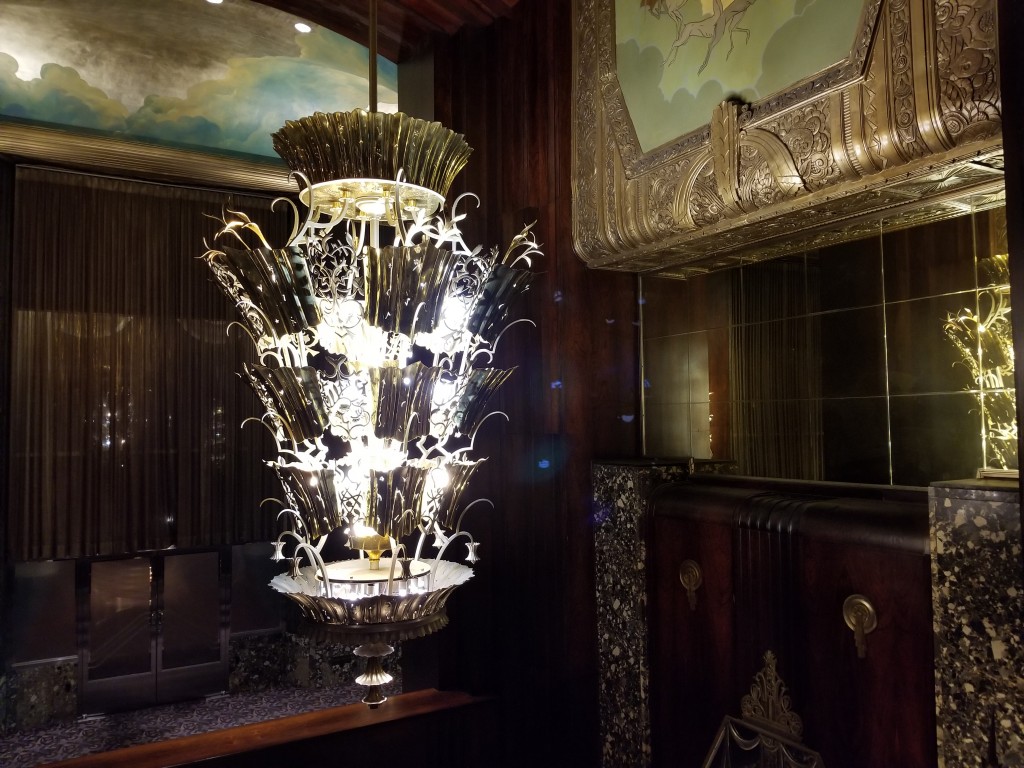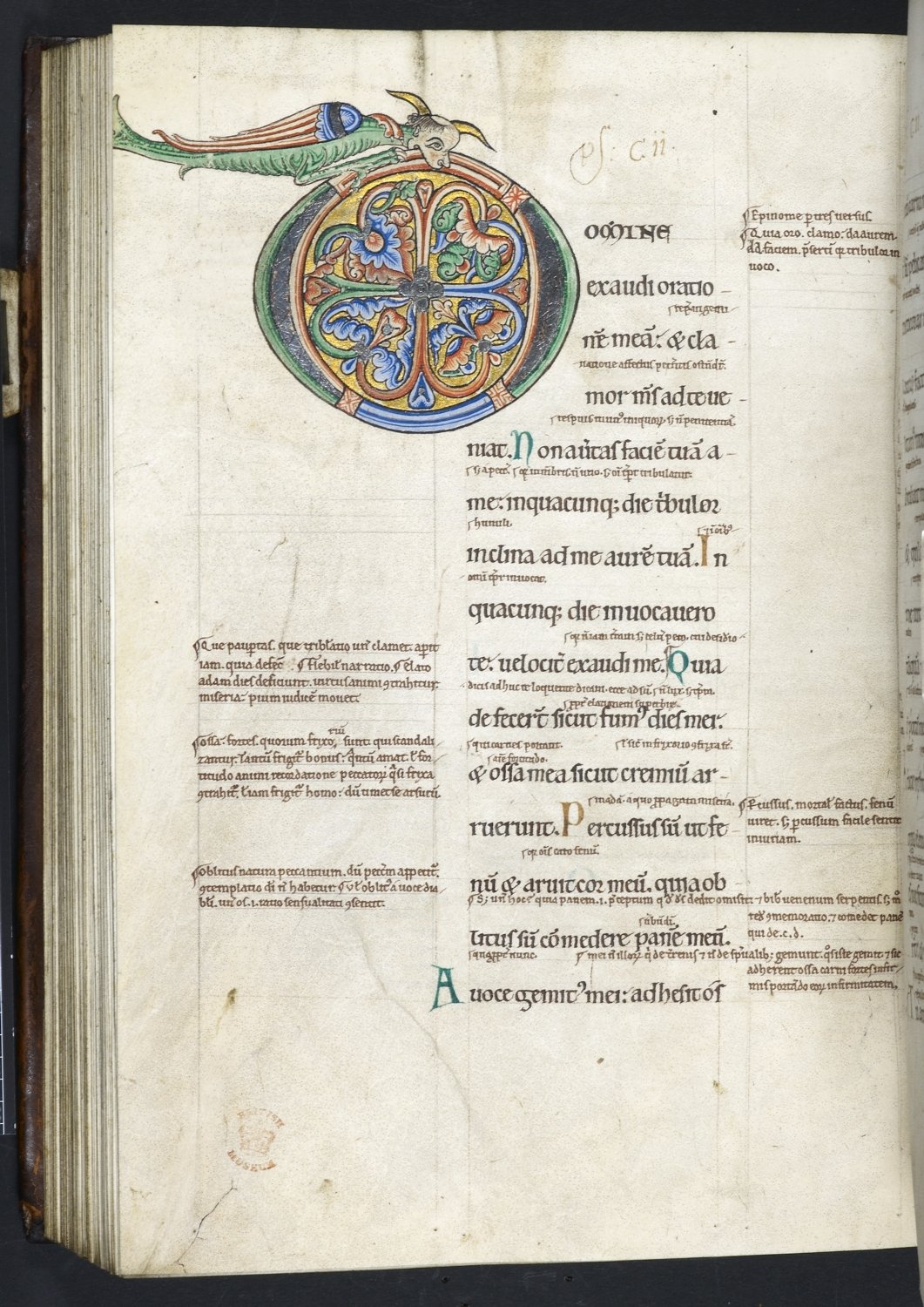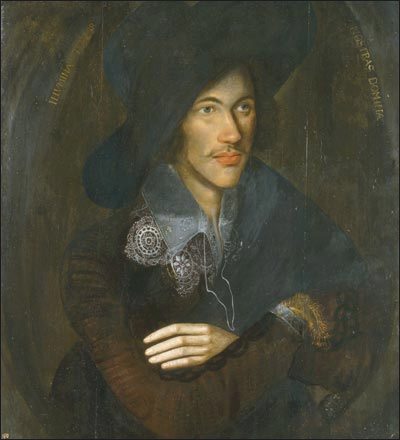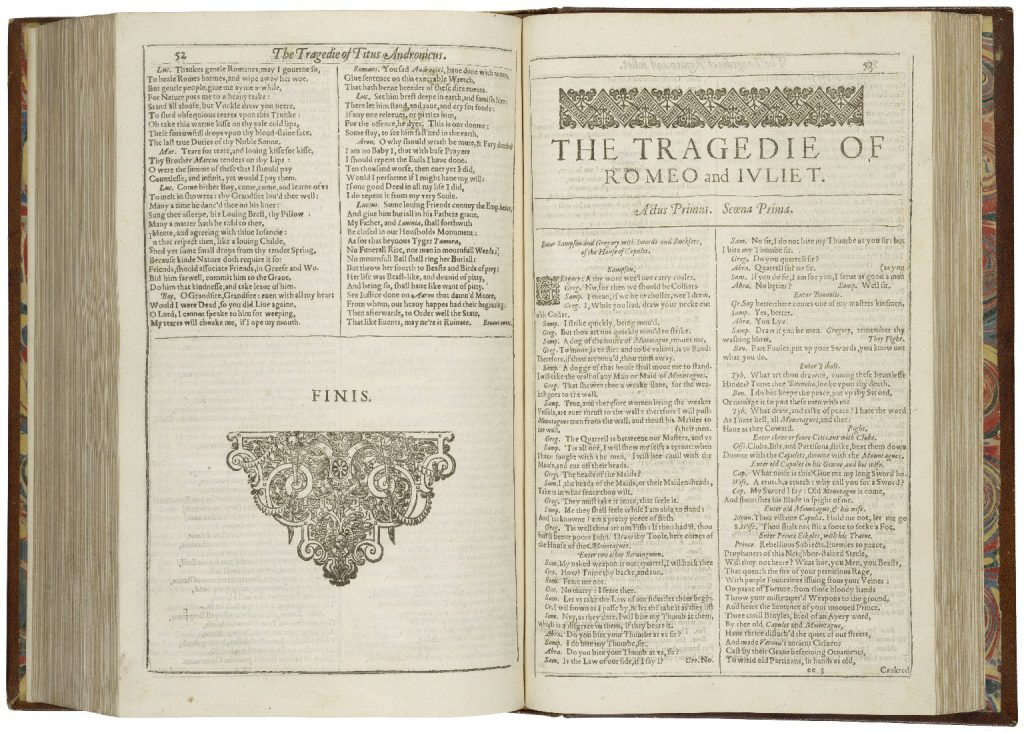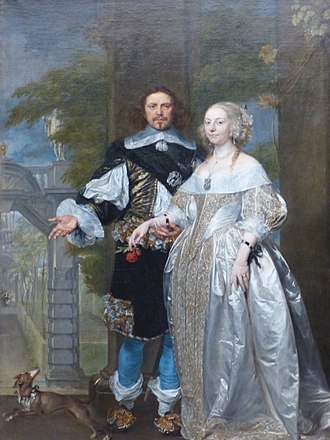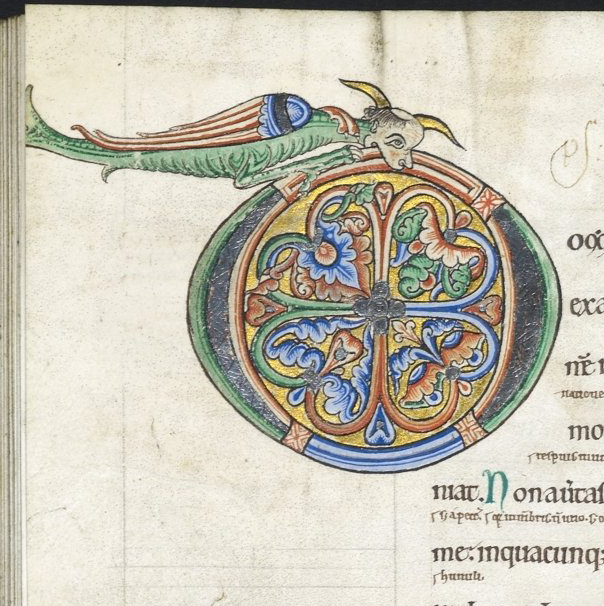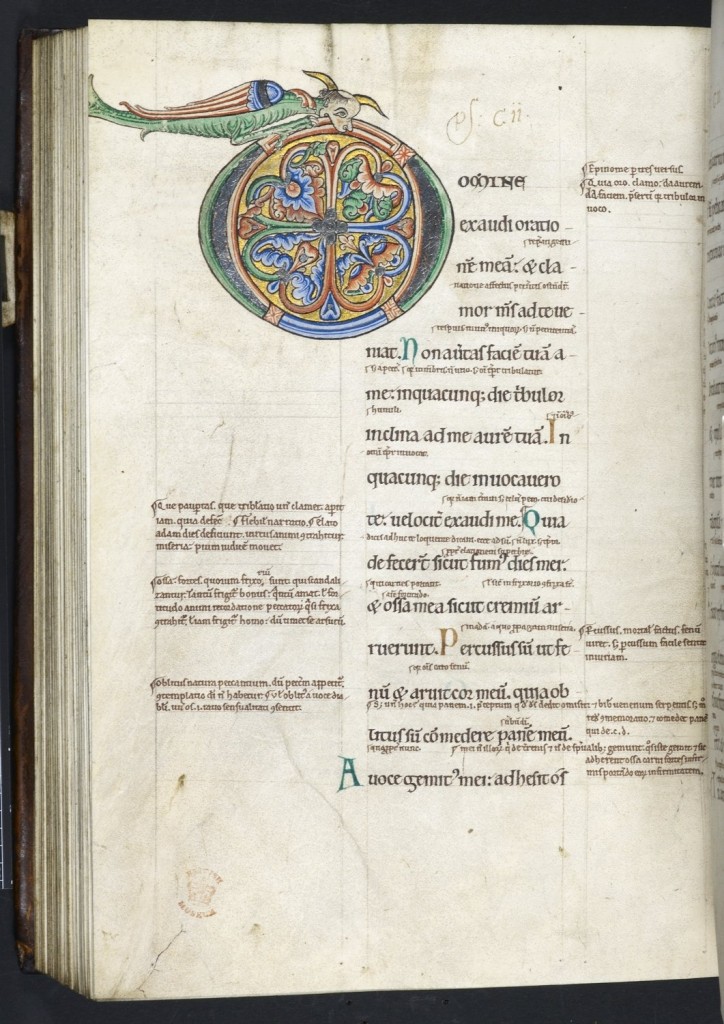2019 M-MLA Panel Program
August 18, 2019 in Announcements, M-MLA, Manuscript Studies, Midwest Modern Language Association, Uncategorized
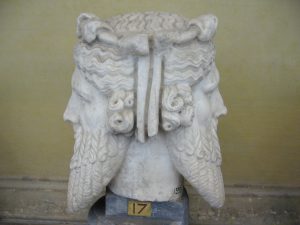
Bust of the God Janus. Vatican City, Vatican Museums. Photo by Fubar Obfusco via Wikimedia Commons.
“Duality and Manuscript Evidence”
2019 Panel Sponsored by the
Research Group on Manuscript Evidence
at the
Midwest Modern Language Association (M-MLA)
2019 Convention
Chicago, Illinois
November 14–17, 2019
[Posted on 17 August 2019, with updates]
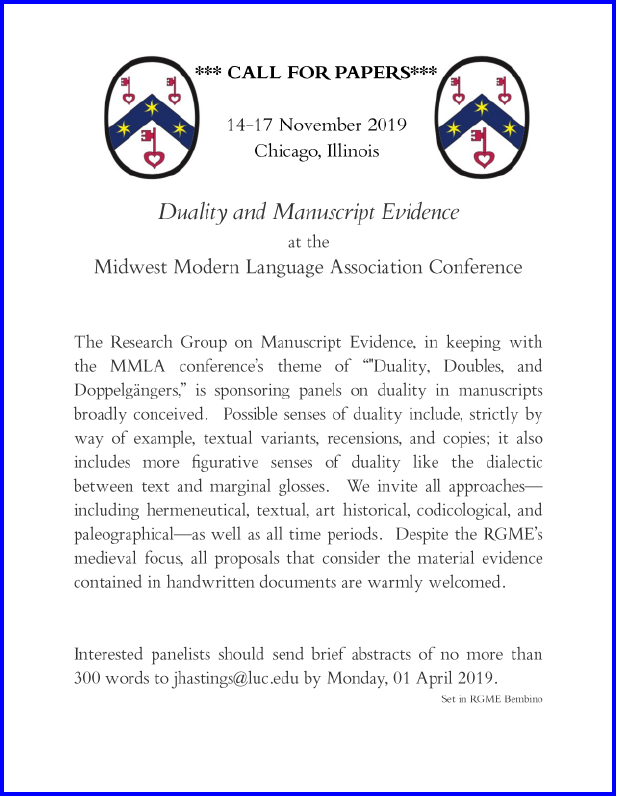
Poster designed by Justin Hastings
The Research Group on Manuscript Evidence, in keeping with the MMLA conference’s theme of “Duality, Doubles, and Doppelgängers” for the 2019 Convention in Chicago, sponsors a panel on duality in manuscripts, broadly conceived.
Following the conclusion of our Call for Papers for the Panel, we announce its Program.
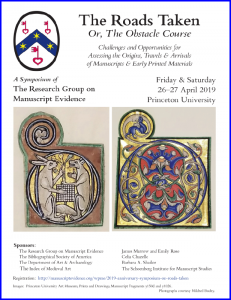
Poster 2 for 2019 Symposium
And now, on 14 November, we announce its successful accomplishment. Hurray!
This event in Chicago formed part of our activities during 2019, a landmark Anniversary Year for the Research Group on Manuscript [and Other] Evidence. Others include:
- Specially Guided Tours for the RGME at the the Princeton University Exhibition on Gutenberg and After (November and December)
- 2010 International Medieval Studies (May)
- 2019 Anniversary Symposium on “The Roads Taken” (April)
“Duality and Manuscript Evidence” at the M-MLA
Thursday, 14 November 2019, 4:00–5:15 pm
Chair: Justin Hastings (Loyola University Chicago)
1. Morgan Aronson (US Naval Observatory Library)
“A Text Twice Born: Exploring the Origin of a Scientific Manuscript”
Namely the treatise on hydrodynamics by Abbé Edme Mariotte (1620–1684), posthumously published in French in 1686, with a second edition in French in 1700, and with an English translation in 1718 by John Theophilus Desaguliers. Morgan’s paper introduces a manuscript of another English translation, dated apparently to 1690, also with illustrations.
![By Edme Mariotte - [1], Public Domain, https://commons.wikimedia.org/w/index.php?curid=2565164](http://manuscriptevidence.org/wpme/wp-content/uploads/2019/08/Edme_Mariotte_-_Oeuvres.jpg)
Title Page of Oeuvres de Mr. Mariotte (Leiden, 3 volumes: 1717). Via Wikimedia Commons, Public Domain.
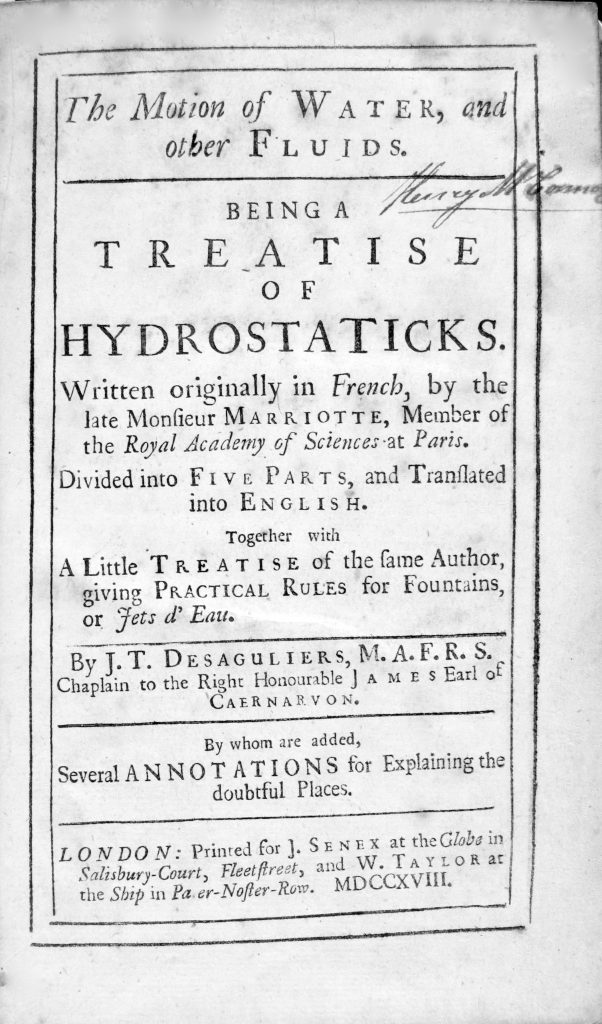
Title-page of first printed English translation of Mariotte’s treatise (1718). Collection of Ronald K. Smeltzer.
Some of the Illustrations

Plate I in the first printed English translation of Mariotte’s treatise (1718). Collection of Ronald K. Smeltzer.
![Plate IIII [IV] in the first printed English translation of Mariotte's treatise (1718). Collection of Ronald K. Smeltzer.](http://manuscriptevidence.org/wpme/wp-content/uploads/2019/08/Smeltzer-3-Mariotte-English-Plate-IIII-lightened-669x1024.jpg)
Plate IIII [IV] in the first printed English translation of Mariotte’s treatise (1718). Collection of Ronald K. Smeltzer.
[Former Title]
“Generating London out of Roman Remains:
(1598, 1603)”
Namely the Survey of London (1598) by John Stow (1524/25 – 5 April 1605).

Church of St Andrew Undershaft, City of London,. Monument with effigy of John Stow, with arms of the Worshipful Company of Merchant Taylors, and with Latin inscription: “Either act by writing or write by reading”. Image via Wikipedia Commons.
[Update: Final Title]
“Moral Guidebook from Medieval Bohemia: A Study of Newberry Library MS 31.1”
3. Justin Hastings
“Emily Dickinson’s Choosing:
Biblical Intertext and Fascicle 33”
Namely the poems assembled in Fascicle 33 (of 40 Fascicles assembled between 1858–1865) by the American poet Emily Dickinson (1830–1886).

Amherst, Massachusetts, Amherst College Archives, Special Collections, Daguerreotype taken at Mount Holyoke, December 1846 or early 1847; the only authenticated portrait of Emily Dickinson after childhood. Image via Wikimedia Commons.
We thank Justin and Morgan for providing detailed handouts for the session and for the Research Group, as projection during the session proved unfeasible. Their resourcefulness and generosity are gratefully recognized.
Likewise, we thank our Associate, Ronald H. Smeltzer, dedicated collector of books on the history of science, for his generosity in providing photographs, displayed here with permission, of his copies of the first French edition and the first printed English translation of Mariotte’s treatise.
*****
Information about the 2020 M-MLA Convention appears on the MMLA website: MMLA Convention.
*****
We renew our thanks for the expert initiatives by our Associate Justin Hastings. This will be the 4th year that the Research Group sponsors Permanent Panels at the Annual Convention of the Midwest Modern Language Association.
- 2018 M-MLA Panel on “Consuming Cultures and Manuscript Evidence”
- 2017 M-MLA Panel on “Artists, Activists, and Manuscript Evidence”
2017 M-MLA Panel Report - “Marginalia in Manuscripts and Books” for the 2018 M-MLA
2016 M-MLA Report
As customary for our Sessions at the International Congress on Medieval Studies, we publish the Abstracts of the Papers for our Panels at the M-MLA Convention in our Panel Announcements and Reports.
It is a special pleasure that our panel at this year’s Convention form part of our current anniversary celebrations. 2019 marks the 20th anniversary of our nonprofit educational corporation based in Princeton, New Jersey, and the 30th anniversary of our international scholarly society founded at the Parker Library of Corpus Christi College, Cambridge.
*****
The continuation of the tradition of Permanent Panels at the M-MLA Convention is most welcome, and we thank our organizer, Justin Hastings, and the Midwest Modern Language Association. We congratulate Justin for his expert organizational skills and outstanding collegiality, and we applaud his willingness to continue to organize the panels for the Research Group on Manuscript Evidence.
*****
Further information about the Convention and the Call for Papers for Permanent Panels can be found on the M-MLA website:
Please Contact Us with your questions and suggestions. We prepare for further activities.
*****

